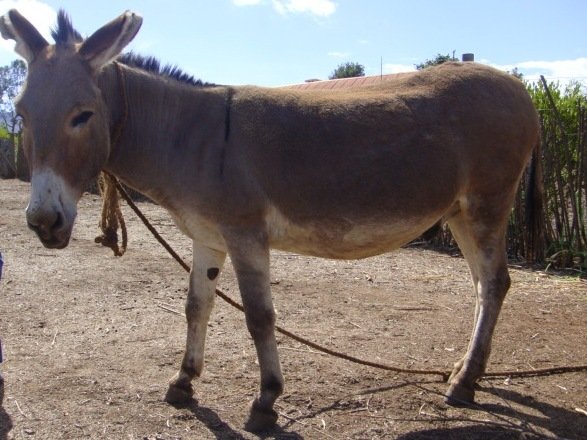Residents of some communities in the Misau Local Government Area of Bauchi State say they convey pregnant women and sick people to hospitals on donkey
Residents of some communities in the Misau Local Government Area of Bauchi State say they convey pregnant women and sick people to hospitals on donkeys and ox-drawn trucks due to lack of good roads.
“This is due to the hard-to-reach nature of our settlements, coupled with the lack of a good road network and the distance from health facilities. If a woman develops obstructed labour or any delivery complications and when we have sick persons, who cannot be conveyed on motorcycles, the last option is to use either donkeys or ox-drawn trucks. This is done over a distance of 15km to 20km, depending on the location of the settlements and health facilities,” according to the heads of the settlements, Malam Magaji Abdu and Alhaji Ahmadu Garba,
The community leaders, however, stated that in 2018, the EU/UNICEF introduced a health programme whereby a medical team was coming to the settlements once a month to conduct antenatal care for pregnant women and children below five years.
“They visit our settlements once in a month and render various medical services, including antenatal, nutritional, treatment of minor ailments, immunisation and others. Fortunately for us, the services and drugs are given to us free of charge and they have reduced both maternal and child mortality rates.”
The community heads stressed that in spite of the EU/UNICEF assistance, they were still using donkeys and ox-drawn trucks to convey patients during emergencies. They called on the state government to provide roads, health facilities and schools in the communities as well as to sustain the EU/UNICEF outreach programme in their areas.


